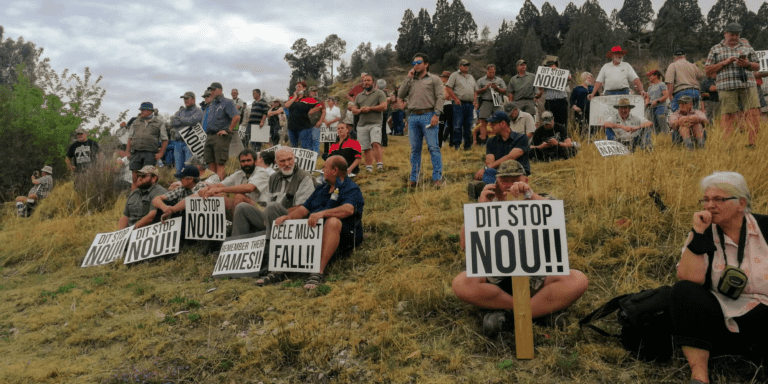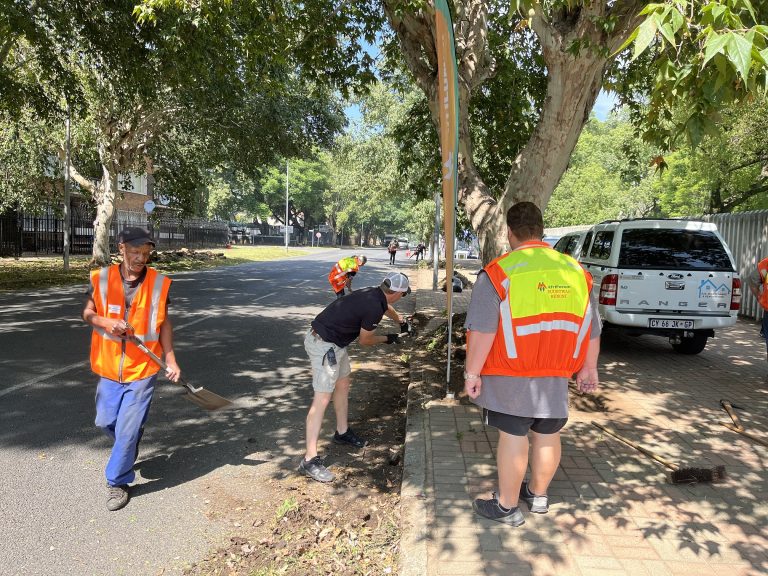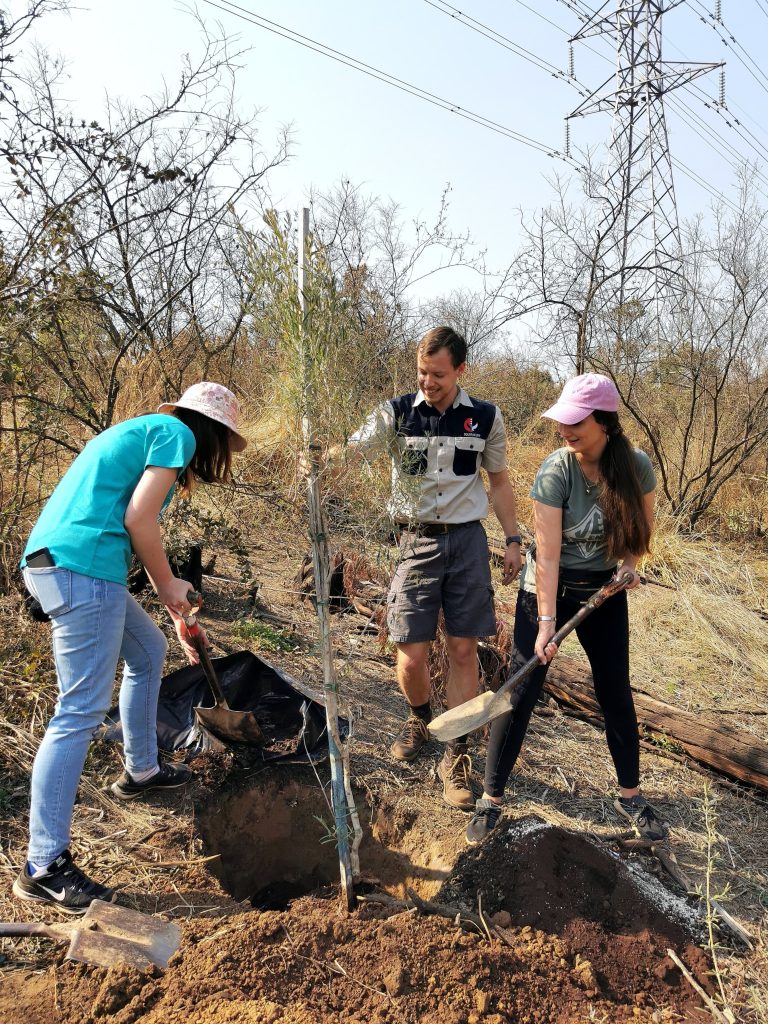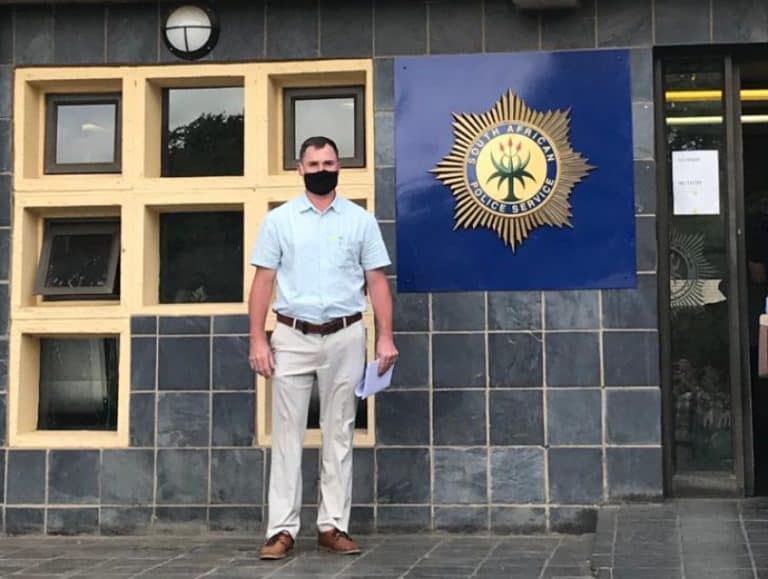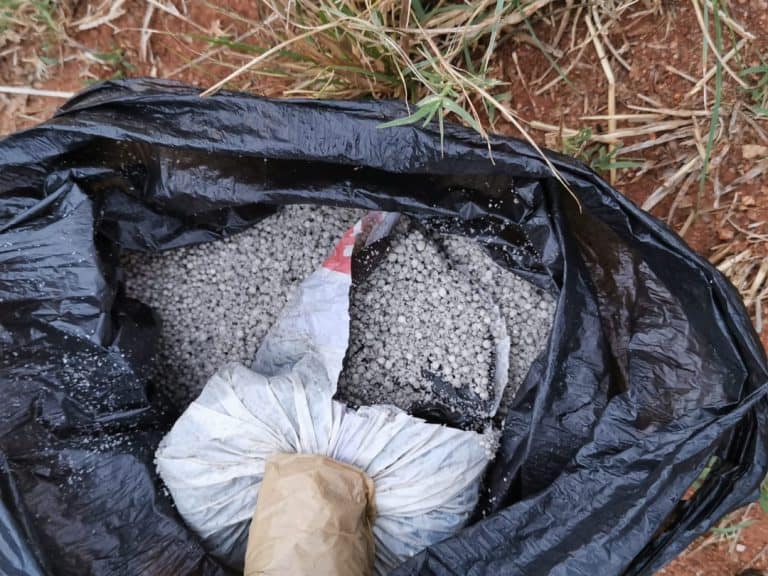Department of Water and Sanitation’s racial obsession discriminates against white and black farmers
The civil rights organisation AfriForum instructed its legal team to bring a review application against the Department of Water and Sanitation (DWS) after the department refused to transfer water rights for irrigation from a black farmer to a white farmer.
A successful, emerging black farmer signed a cooperation agreement with his mentor, a white, commercial farmer. The emerging farmer intended to expand his farming, but because he could not provide sufficient security, he could not obtain a commercial bank loan to buy more land.
As a result, the mentor agreed to lease land suitable for irrigated farming, but for which he had no water rights, to the emerging farmer. In exchange for the mentorship, financial assistance to equip the farm with irrigation infrastructure and ensure access to markets, the emerging farmer would share his future returns equally with his mentor. The emerging farmer has water rights for irrigation on a nearby property and he would temporarily transfer these water rights to his mentor – this would be decisive for the success of this transaction.
It is precisely this application for the temporary transfer of water rights that was rejected by the Free State provincial office of the DWS. The DWS argues in its reasons that the conditions of the emerging black farmer’s water use license prohibit the transfer of water rights from a previously disadvantaged individual to a non-previously disadvantaged individual. According to the DWS, this is contrary to the transformation objectives set out in the National Water Act 36 of 1998.
However, the DWS’s failure to transfer existing water rights between farmers and/or farms is contrary to a 2023 judgment of the Constitutional Court which clearly states that the trading and transfer of existing water rights is permissible.
This race-based discrimination is also contrary to several objectives of the National Water Act, such as the promotion of fair access to water, the correction of historical racial discrimination and the promotion of socio-economic development.
“The sad irony of the DWS’s strict application of race-based transformational goals is that they are actually preventing transformation. It is precisely the emerging black farmer who is most severely harmed by this decision,” says Marais de Vaal, AfriForum’s Advisor for Environmental Affairs.
Dr Theo de Jager, Chairman of the board of the agricultural interest network Saai, says that apart from corruption, racially obsessed civil servants are the single biggest reason for failed land reform and farmer development programmes, and stand squarely in the way of South Africa’s quest to establish a class of profitable black farmers.
This is the latest case in AfriForum’s ongoing fight against the DWS’s earlier controversial attempts to impose illegal transformation requirements on the water sector. In 2023, AfriForum has, among other things:
- Made an urgent request to the minister of DWS to make an immediate correction to the DWS’s online platform for water use license applications, on which applications would only be processed if the applicant meets the requirements of broad-based black economic empowerment (BBBEE).
- Expressed serious concern about the Draft National Water Amendment Bill, which aims, among other things, to subject water use licenses to explicit transformation requirements.
- Strongly campaigned against proposed regulations to make water use licenses subject to race quotas (the DWS withdrew the proposed regulations at the eleventh hour).
- Strongly opposed the proposed regulations regarding recreational water use that would have the effect of expropriating recreational water users’ vested rights (the DWS withdrew the proposed regulations at the eleventh hour).



